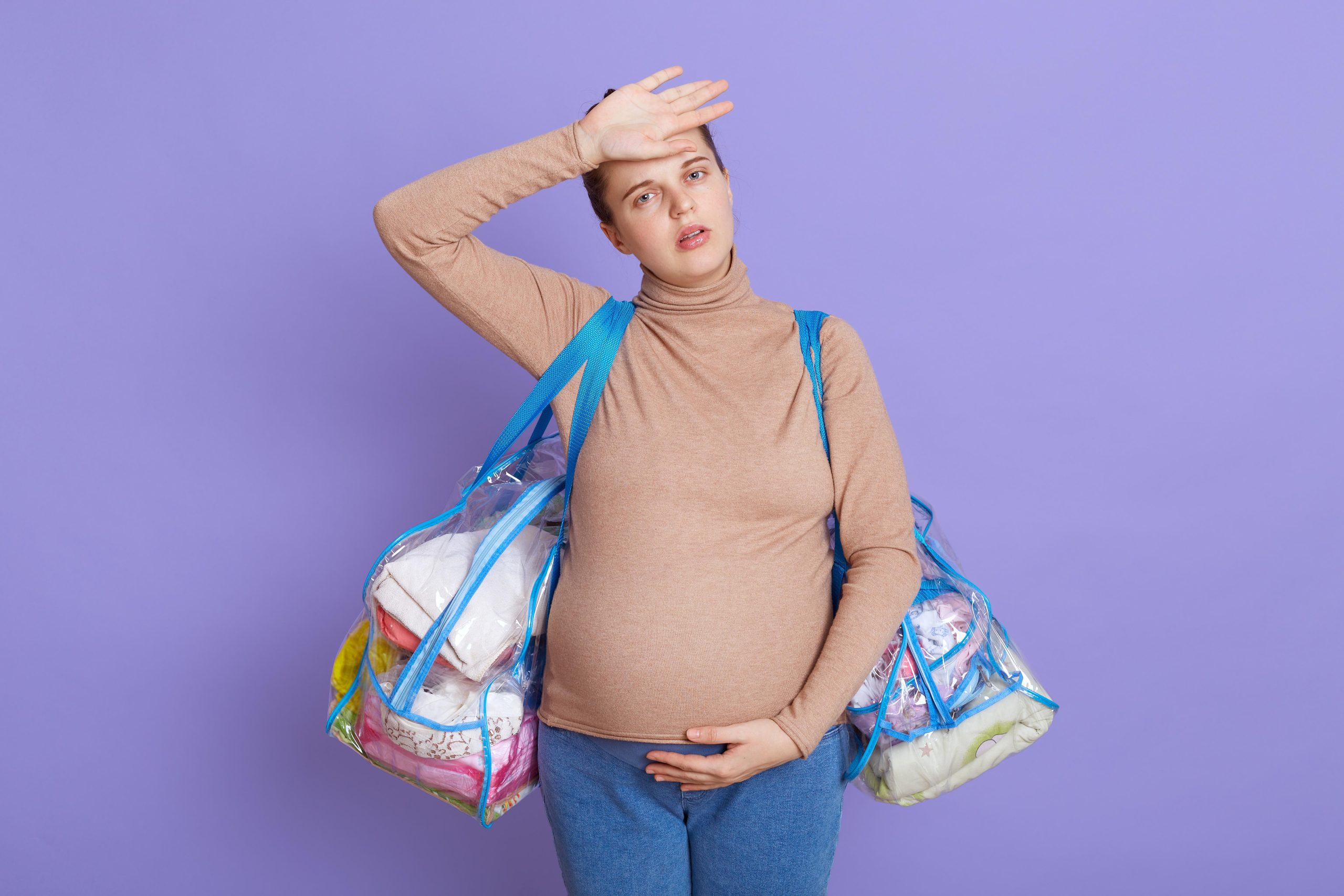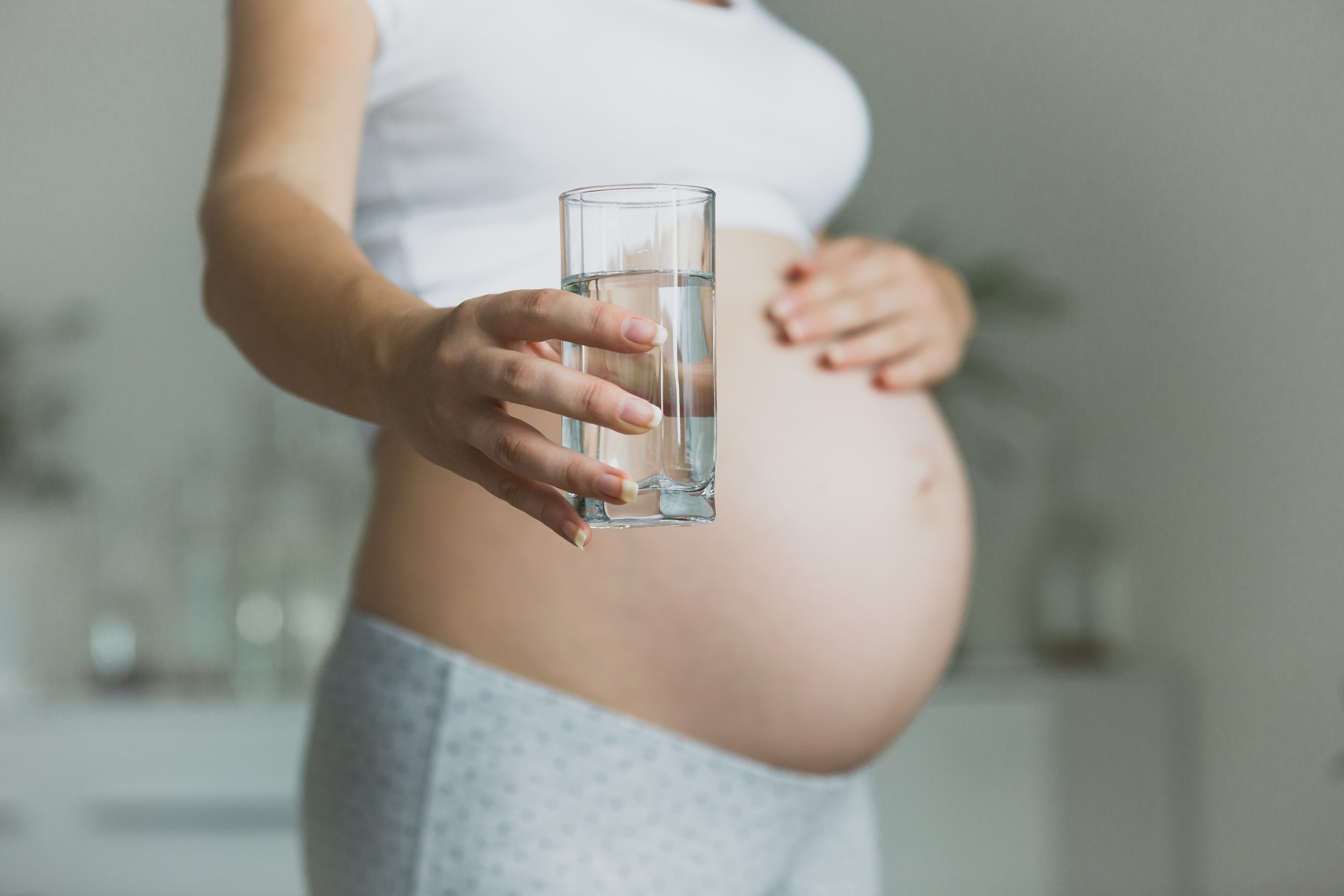Pregnancy Fatigue
Growing a baby in your womb obviously suppresses your body’s energy, leaving you tired and fatigued. It’s not a good decision to ignore the signals constantly sent by your body. It’s better to reach out to others if you’re struggling to sleep throughout your pregnancy. Seek help from your doctor or your partner.
You should avoid taking any pills or medicines as a sleeping aid to ease fatigue during pregnancy.
Pregnant women should sleep at least 8 hours in bed, to avoid fatigue in early pregnancy. If possible, try to sleep a little earlier. As your body hormones are changing, make sleep a topmost priority during child development.
Is it normal to feel fatigued?
Fatigue in early pregnancy is normal and you may feel exhausted during the first months of pregnancy. Fatigue during pregnancy, even extreme fatigue, is an early symptom of pregnancy that nearly all women undergo in the first trimester. It’s also very normal to feel pregnancy fatigue in the third trimester.
Fatigue eventually gets better at the start of the second trimester, however, the fatigue symptoms often return back in the third trimester. The symptoms vary from pregnancy to pregnancy.
Cause of pregnancy fatigue
In the last 3 months of your pregnancy, you may feel exhausted. The extra stress of your belly on your body will make you feel extreme fatigue. As your belly may make you uncomfortable in bed and your baby pressurizes your bladder all night, you may strive hard to get a sound sleep. Sometimes pregnancy fatigue can be a sign of a medical illness, such as:
• Anemia
• Infection
• Myalgic Encephalomyelitis/Chronic Fatigue Syndrome
• Fibromyalgia
• Gestational diabetes
• Underactive thyroid gland (hypothyroidism)
• Depression
If fatigue is one of the symptoms you’re experiencing, it’s better to seek a doctor’s help. You may feel better once you get treated for any condition that’s draining your body energy during pregnancy.
There are a number of other factors that may cause pregnancy fatigue, including:
- Building the placenta- Your body is creating placenta throughout the first trimester. Placenta is an organ your body prepares especially for pregnancy that provides nutrients and oxygen to the baby to grow and thrive. It’s a tedious task that drains your body energy which causes fatigue during pregnancy.
- Your hormones -Pregnancy fatigue is also due to the high production of the progesterone hormone, which your body release to support your pregnancy and enhances the production of milk glands required for breastfeeding later on. Hormone changes can also cause mood swings and emotional roller coasters during pregnancy which cause fatigue.
- Increased blood supply- The demands of increased blood supply for fetus development and pumping extra blood to supply your baby with nutrients and oxygen can make you feel fatigued and exhausted.
- Other physical changes -Your metabolism rate activity is running high in your body during pregnancy, as a result, your heartbeat rate is up and your blood sugar and blood pressure rate goes down, and your body is utilizing more nutrients and water, which make you feel fatigued.
By the end of the first trimester, the Herculean task process of manufacturing the placenta is completed, which means in the second trimester, you will feel less fatigued due to renewed energy levels.
Causes of fatigue in the third trimester
Third-trimester fatigue is due to the following factors:
• Your growing baby bump: Your belly is growing fast, and the extra weight can drag you down.
• Pregnancy insomnia and other symptoms: Your baby bump along with other pregnancy symptoms including heartburn, backache, and restless leg syndrome may make your sleep during pregnancy more difficult.
• The stress of having a baby is also one of the factors that cause fatigue.
• Multi-tasking: Responsibilities like a job and maintaining work-life balance can cause fatigue during pregnancy.
Remedies to avoid pregnancy fatigue
During pregnancy, your body needs adequate rest and sound sleep.
Follow these restful suggestions to avoid fatigue during pregnancy:
• Take naps: Most pregnant women can’t sleep throughout the night because of baby pressure on the bladder or other pregnancy discomforts that can make you wake up throughout the night. Start covering the sleep that you’re losing at night by taking a small nap or two during the day.
• Seek help: Seek help at home so that you don’t get so exhausted and you get sufficient time to get a daily nap or two. Get a family member to carry out daily house cleaning activities, or hire a housekeeper.
• Change your sleep posture: Shift your sleeping posture on your front or back to your left side. You’ll feel more comfortable to sleep and also it will give less pressure to the blood vessels that nourish your baby. Keep a pillow in between your legs or underneath you to support your sore back to get sound sleep.
• Exercise: Exercise is the best way to overcome pregnancy fatigue; exercising can actually help to beat fatigue during pregnancy. Going for a morning walk or swimming can also help you to get sleep more soundly.
• Relax: Practice deep breathing or meditation. Join any yoga or meditation program to overcome pregnancy fatigue. Take a warm bath, or ask your partner to give you a massage to help you to get proper sleep.
• Stay hydrated: Drink plenty of water during the day. Dehydration drains your energy.
• Eat regular meals and fruits to keep your blood sugar stable. Avoid food or drinks that are enriched in sugar and fats.
Try to continue your sleep routine once your baby is born. Use these same tips during the first few months of motherhood. Continue to seek help and proper rest that your body needs, to keep up with your growing baby.
FAQ
1.What is normal fatigue during pregnancy?
Fatigue in early pregnancy is normal and you will be exhausted during the first months of pregnancy.
You begin to feel fatigued in the very initial weeks of pregnancy. Some women will experience pregnancy fatigue as early as one week after conceiving.
2.Is it normal for pregnancy fatigue to come and go?
Fatigue eventually gets better at the start of the second trimester, however, the fatigue symptoms often return back in the third trimester. However.the symptoms vary from pregnancy to pregnancy and person to person.
3.How can I reduce fatigue during pregnancy?
During pregnancy, your body needs adequate rest and sound sleep. Follow these restful suggestions to avoid fatigue during pregnancy:
1.Relaxation exercise 2. Change your sleep posture 3. Eat plenty of fruits and vegetables 4.Drink plenty of water 5.Yoga and meditation 6. Seek help from your partner or doctor.
4.What can I drink for energy while pregnant?
Drink plenty of water during the day. Dehydration drains your energy. Eat regular meals and fruits to keep your blood sugar stable. Avoid food or drinks that are enriched in sugar and fats. You can also drink coconut water, lemon water, fruit juice, herbal tea, vegetable soup, and buttermilk during pregnancy.
5. When is pregnancy fatigue the worst?
In the last 3 months of your pregnancy, you may feel exhausted. The extra stress of your belly on your body will make you feel extreme fatigue. As your belly may make you uncomfortable in bed and your baby pressurizes your bladder all night, you may strive hard to get a sound sleep.
Motherhood is a beautiful experience but pregnancy comes with its own challenges from the day you confirm the good news with the Prega news kit. Staying calm and dealing with fatigue in the best way possible will help you have a safe pregnancy so that you can welcome your little one.










































Leave a comment